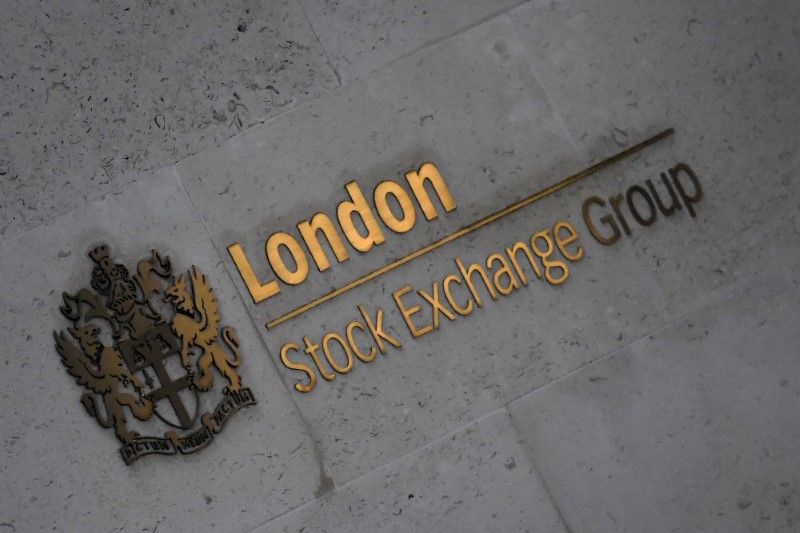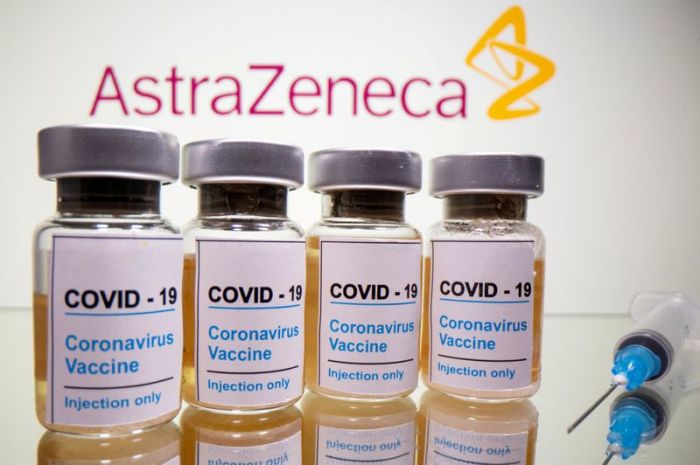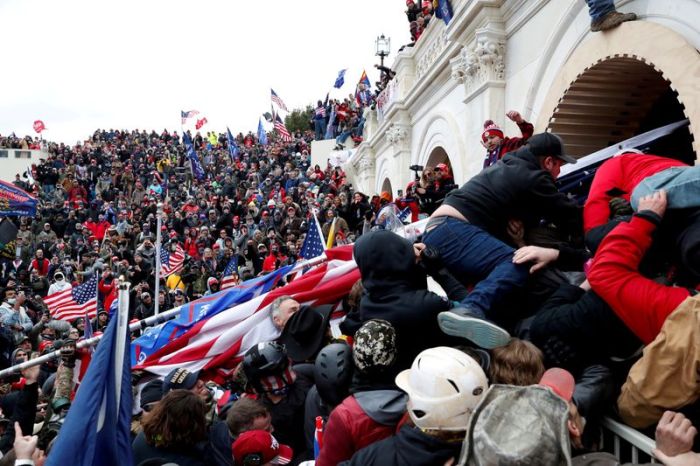LONDON (Reuters) – Britain should replicate New York’s “blank cheque” listings to boost London’s appeal as a global financial centre after Brexit, London Stock Exchange Chief Executive David Schwimmer said.
After cementing its $27 billion acquisition of data and analytics company Refinitiv on Friday, the LSE is likely to play a central role in keeping Britain’s huge financial services sector competitive after its departure from the European Union.
This has cut the City of London adrift from its biggest customer and facing listings competition from Amsterdam, where the bulk of euro share trading in London moved on January 4.
“SPACs (Special Purpose Acquisition Companies) clearly have taken off in the U.S. markets. There is increasing curiosity and potential interest in seeing more of them here,” Schwimmer said.
Paris and Stockholm are already focusing more on SPACs, so-called blank cheque companies, that raise funds in an IPO with the aim of buying a private firm. They became the most popular investment vehicles on Wall Street last year.
A government-backed review of Britain’s listing rules will make recommendations next month to help London compete better with New York in attracting tech company floats.
“We do think there are opportunities in the UK listings regime to make some changes that would make us a more attractive listing regime while maintaining high standards of corporate governance,” Schwimmer told Reuters.
“I think London will continue to maintain its status as a global financial capital.”
Refinitiv was 45% owned by Thomson Reuters, owner of Reuters News, and Thomson Reuters now has a 15% stake in the LSE Group.
DISRUPTION
Schwimmer said frenzied retail trading in the United States this week as investors encouraged each other to buy stocks shorted by hedge funds had not yet been repeated on the LSE, but the historic London exchange was watching closely.
“We’ve seen disruption by new technology and social media in a number of other industries so in some ways it’s not surprising to see it in financial markets,” he said.
“I will let the regulators determine whether there’s a need to take a careful look at this if it moves into the realm of market manipulation because that would interfere with the important goals of efficient capital allocation, efficient capital raising and effective price discovery,” he added.
The 300-year old LSE faces more immediate challenges.
It clears the bulk of euro-denominated interest rate swaps for EU customers from London, but under temporary access to the bloc that ends in June 2022.
Brussels is reviewing whether to grant long-term clearing access, but in the meantime is piling pressure on euro zone banks to shift their derivatives clearing business from the LSE to rivals like Eurex in Frankfurt.
Schwimmer said the temporary access was “a strong signal” that UK-based clearing is an important part of the EU financial market and he looked forward to getting permanent access.
The LSE has a clearing unit in Paris, but obtaining a licence to clear euro swaps would be costly.
“I am very comfortable with the current model of LSEG… Our members do not want us to shift their clearing of interest rate swaps out of London,” Schwimmer said.
The shift of euro share trading from London to the EU this month, some of its to the LSE’s new Turquoise unit in Amsterdam, was not a surprise, Schwimmer said.
But the shift of some swaps trading from London to New York, following Brexit, was an unexpected consequence of the EU’s policy on cross-border derivatives trading, he said.
Cutting LSE’s debt will be a priority over M&A activity, helped by the sale of the Milan Exchange to Euronext for 4.3 billion euros ($5.2 billion), Schwimmer said.
The Refinitiv takeover included taking on the data provider’s net debt of $12.5 billion when the deal was unveiled in August 2019.
Schwimmer added that he will focus on completing the integration of LSE and Refinitiv, bolstering the exchange’s indexes business with data from Refinitiv, and broadening out share trading with fixed income and FX trading.
Much of the integration has already been planned, despite both companies grappling with COVID-19 restrictions.
“I wouldn’t recommend trying to do a large scale integration in the context of a global lockdown, but the team has done a fantastic job,” Schwimmer said.
($1 = 0.8239 euros)
(Reporting by Rachel Armstrong and Huw Jones; Editing by Jan Harvey and Alexander Smith)


























